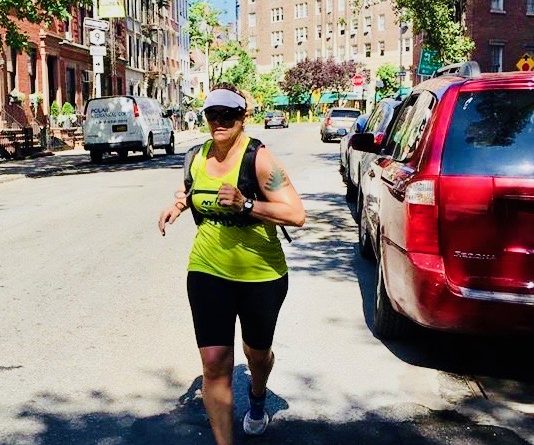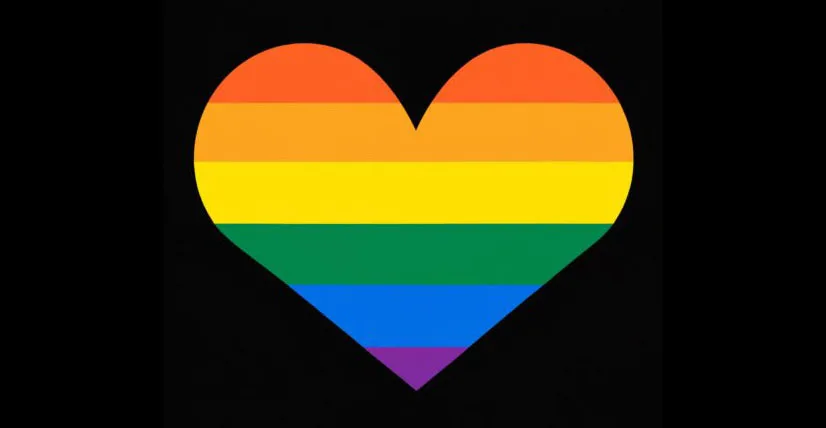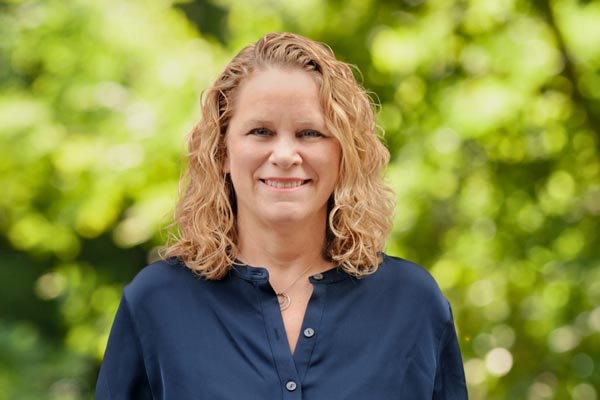
For the past 5 months, I have been training to run the New York City Marathon. To say that it has been hard would be a massive understatement. Through the grueling exercise, I’ve relied on my training and experience as a professional therapist. I have relied on lessons that I share with my own clients in therapy. I’ve realized how therapy helps me train for a marathon. I’m sharing what I’ve learned in the hopes that therapy can be of value to you too.
Therapy Win #1: Goal Setting
When I told my dad that I was going to run the NYC Marathon this year, his initial response was “Why do you want to do that?” Keep in mind he has run the New York City Marathon twice, and has completed several others around New York.
Yet, by the conclusion of our conversation, he was ready to buy a plane ticket to come cheer me on. He pumped enthusiastically over the phone “Good for you!”
Getting back to his original question and my response: I told my father that running a marathon “… is something I want to accomplish. I want to set a goal. I need something to focus on and organize my physical fitness around.”
I’ve watched the NYC marathon almost every year since I moved to New York 15 years ago. Each and every time it brings me to tears. I am so inspired by, and have such admiration for, the individuals choosing to endure this test of their mind and body. I am always grateful that I, and now my daughter, have the opportunity to witness and cheer on people of all ages, races, body types, and physical abilities fighting to complete the marathon.
Last year, I realized I wanted to be one of those people. I was curious what it would feel like for me.
Therapy Win #2: Vulnerability
In January of this year, I took a first step. I entered the lottery to be allowed to run the race. I didn’t get in, which meant that I could not enter as a regular runner. I then chose to enter with a charity group, which is another way to be allowed to run the marathon.
By choosing to run for charity, I knew I would need to announce my marathon plans to others, so I could raise the required money. I knew that once I did this, there would be no turning back. I would have to train for a marathon. I would have to try to run the entire marathon – all 26.2 miles. This would be my first of many acts of vulnerability and courage. And so off to write my Facebook post, I went.
Therapy Win #3: Values Light the Way
At the beginning of my marathon training, I ran 3-5 miles, two to three times per week. I was also working out on days when I wasn’t running. I was confident that if I followed a training plan (of which there are many), I could build up the necessary stamina to get to the finish line. I reviewed the plan I chose, and I thought to myself, “I can do that. Besides these long runs, it’s not that different from my current routine.”
I learned very quickly this training was VERY different than my current routine. This marathon training was going to be much harder physically and mentally than I initially thought. I heard a voice inside my head say, “Are you sure you want to do this?” Part of me screamed back, “No, I don’t! This stinks!”
When I chose to begin this journey, to step into the arena of the marathon, I spent time considering what values I needed to take with me. I landed on commitment and perseverance. I’ve leaned into those values and worked to quiet (not silence) that voice wanting me to quit. I’ve leaned into those values to give myself permission to feel frustrated, exhausted, and at times, sad.
Notably, I also gave myself permission to request help! Fortunately, I did receive some help when I asked for it. That help from outside of my own self has helped me persevere for those first few months of training. They were so hard – I am so grateful for the assistance from those around me.
Therapy Win #4: Self-Compassion is a Practice
I’m five weeks away from the marathon and my body hurts. A month ago, I once again felt pretty demoralized. I wasn’t confident in my ability to get to the finish line. I felt the tug to quit. I felt the tug to hide my pain. I felt that pull – and once again I leaned into my values. I chose to release the rope that was keeping me tied to feel shame and blame.
I also checked in with the permission slips I’d previously written, and I wrote a few more.
Therapy Win #5: Marathon Training Permission Slips
Those permission slips were my deliberate plan to provide myself with structured, tangible tools that I could use when overwhelmed by the marathon training. I wrote out each of following permissions on slips of paper that I could pull out and hand to myself whenever I really needed it.
- I give myself permission to ask for help.
- I give myself permission to be honest about how much pain I’m experiencing.
- I give myself permission to adjust my goals.
- I give myself permission to be realistic.
- I give myself permission to feel proud.
- I give myself permission to feel sad.
- I give myself permission to not compare myself to anyone else.
A Humble and Humane Way to Train for a Marathon
In the end, I returned to the practice of self-compassion. I acknowledged that I was, and I am, struggling with the physical and emotional pains of training for a marathon. I acknowledged that this struggle makes me part of humanity. It connects me to all individuals who have set a goal from themselves and found the road to the finish line a bit bumpy.
And I’ve spoken to myself kindly, like I would to a dear friend. I gently said to me, “Hang in there. We’ll get to the end. Then we get to celebrate!” I’ve relied on therapy to help me train for a marathon.
See you at the finish line!
Therapy and Your Marathon
If you’re interested in chatting about how therapy might help you, perhaps to help you train for a marathon, we would be happy to talk with you about our psychotherapy services. You can schedule a free phone consultation at a time that works for you.



